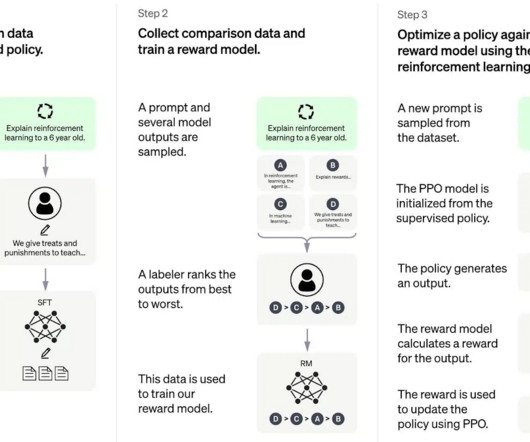What Are the Risks of Not Patenting Your Invention?
Canadian Intellectual Property Blog
MARCH 2, 2021
For larger companies, budget is also a concern, but often it is also the time required of inventors to adequately document an invention disclosure and to work with a patent professional. Often, a patent inventor is also a company executive such as the CEO or CTO and their time is limited. What are the possible drawbacks?
















Let's personalize your content